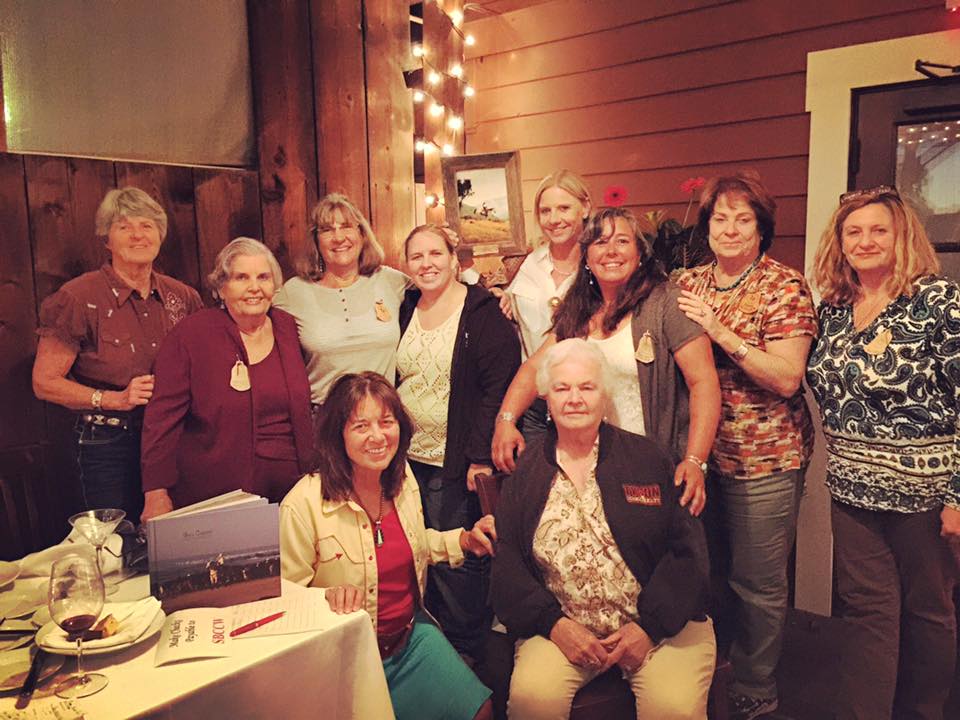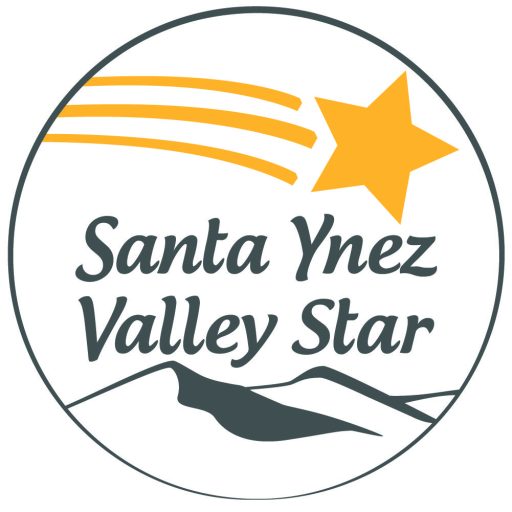The Santa Ynez Valley Concerned Citizens filed a lawsuit in federal court Wednesday, Nov. 1 challenging the 1,400‐acre Camp 4 property being taken into trust by the Santa Ynez Band of Chumash Indians.
The suit asserts that the Department of Interior’s decision to take this action was based on an insufficient analysis of its environmental and land‐use impacts as required by the federal law.
“Residents of the Santa Ynez Valley have exhausted the administrative remedies available to us, and we are now turning to the federal courts to seek relief from the Bureau of Indian Affairs’ illegal action on Camp 4. It impacts not only valley residents, but places a tax burden on all County taxpayers”, said Greg Simon of Santa Ynez Valley Concerned Citizens. “Consequently, we felt it imperative that the significant legal flaws with the federal government’s Camp 4 decision be fully aired and adjudicated in federal court. ”
The suit, brought by SYVCC and three homeowners who live adjacent to the trust property, alleges that the analysis of the environmental, land‐use, economic and other impacts as required by federal law was wholly inadequate and insufficient upon which to base the federal decision to take Camp 4 into trust. Instead of requiring a more comprehensive Environmental Impact Statement (EIS), the Bureau of Indian Affairs (BIA) relied instead on a more limited Environmental Analysis (EA).
The suit comes at the heels of the Santa Barbara County Board of Supervisors who also decided to approve the Camp 4 land use agreement on Oct. 31, which requires the County to withdraw their litigation also challenging this “fee‐to‐trust” decision.
At the county hearing, Third District Supervisor Joan Hartmann said the agreement wasn’t about selling out the valley, but with the threat of House Resolution 1491, the county has two options: to either work with the tribe or have no say at all.
“Some suggest we should just say no whatever the consequences – but in my experience, the risks are too great a no will be overridden by Congress – there have been 47 such bills since 1989 regarding fee to trust and all passed congress and signed by Presidents in four administrations,” Hartmann said.
Rep. Doug LaMalfa, a Republican from Richvale who represents Northern California’s 1st District in Congress, sponsored the bill and is chairman of the Indian Affairs and Alaskan Natives Subcommittee.
LaMalfa became a key player by submitting three bills over the last several years to allow Camp 4 to be taken into trust. Two of those were rejected and the third, HR 1491, was submitted on March 10.
The agreement between the tribe and the county allows for 143 one-acre residential lots developed on 194 acres, with 869 acres of open space and 206 acres of agriculture. The agreement also allows the tribe to build a tribal hall on the land, holding up to 100 events annually.
An ad hoc committee consisting of Hartmann and First District Supervisor Das Williams worked with the tribe and new Tribal Chairman Kenneth Kahn on the agreement since February of this year. Committee members said they met nine times to discuss the tribe waiving its sovereign immunity over the development and other terms of the agreement, including financial arrangements and limits on future use of the land.
Also opposed to the agreement was the Santa Ynez Valley Coalition which stated that by approving this agreement the county is encouraging the tribe to request more fee to trust transactions and there will be no control.
“We support the Tribe being able to meet its housing and community facility needs in a manner that respects our community plan and county land use regulations,” said Bill Krouch, chair of the SYV Coalition.
The full draft agreement is available at www.countyofsb.org/tribal-matters.sbc.







